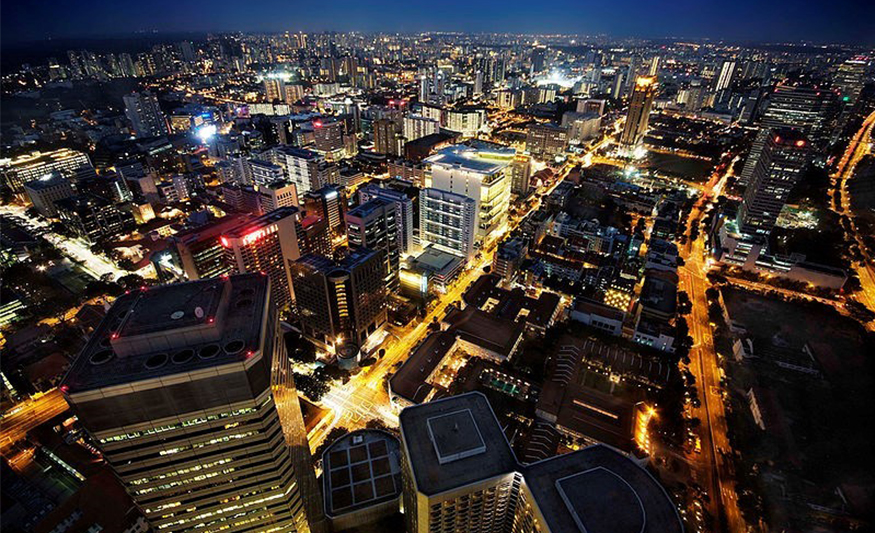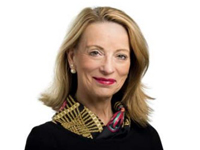Governance
The Role of Standard Chartered’s Board Financial Crime Risk Committee
Gay Huey Evans | Chair of Standard Chartered’s Board Financial Crime Risk Committee
March 2018

“The words ‘financial crime’ do not do justice to the real-world, human impacts of this issue. What they mean is how, through money laundering and terrorist finance, the financial system can act as the lifeblood of some of today’s most damaging crimes; from human trafficking to terrorism, the drug trade to corruption.”
As a global trade bank, Standard Chartered stands on the frontline of the fight against financial crime. It is our ambition to make the financial system a more hostile and unforgiving environment for criminals and terrorists by working in common cause with others who have a stake in the solution. That is imperative to protect our clients, the communities in which we operate and ultimately the integrity of the financial system.
The Group recognises that, at times, it’s our past efforts to prevent financial crime fell short. We are working hard right across the Bank to transform our approach to tackling financial crime, and a key part of the Bank’s response is the Board Financial Crime Risk Committee, which plays three important roles:
Firstly, to oversee the progress being made by the Bank in meeting the objectives of its strategic, multi-year remediation programmes. This is a continual journey, and in April 2017, the New York State Department of Financial Services noted that the Group has made “substantial progress” towards remediating past issues, and that the Group remains “fully committed” to finishing the job.
But as the financial crime landscape continues to evolve rapidly, the Committee’s role has shifted over the last year from one focused primarily on oversight of remediation activities to also include a bigger role in threat assessment and preparedness. It is in that context that we have discussed the Group’s leading efforts to fight cyber-financial crime, as well as wider threats that the financial system faces.
I am pleased to say that the Group’s work is making an impact. In 2017, the Group has identified and prevented criminal activity in a number of threat areas: intercepting monies derived from cyber-attacks, identifying networks of accounts suspected of human trafficking for the sex industry, likely terror funding posing as charitable efforts, and thwarting attempts to breach sanctions’ requirements.
Thirdly, the Committee also supports the work of the Bank to continue to enhance its systems, processes and technology, and how the Bank works in partnership with clients, law enforcers and regulators. Central to this effort is the continuing importance of employee engagement with regard to the seriousness of financial crime risk and ensuring that they are empowered to make the right decisions, appropriately supported by training and specialist expertise.
When I travelled to Hong Kong, the US and Pakistan this year, I saw up close the awareness of the issues and how we are seeking to embed a meaningful response into the operations and mindset of the Group. It is clear to me that everyone in the Group has an important contribution to make – in 2018 and beyond.
Tags
